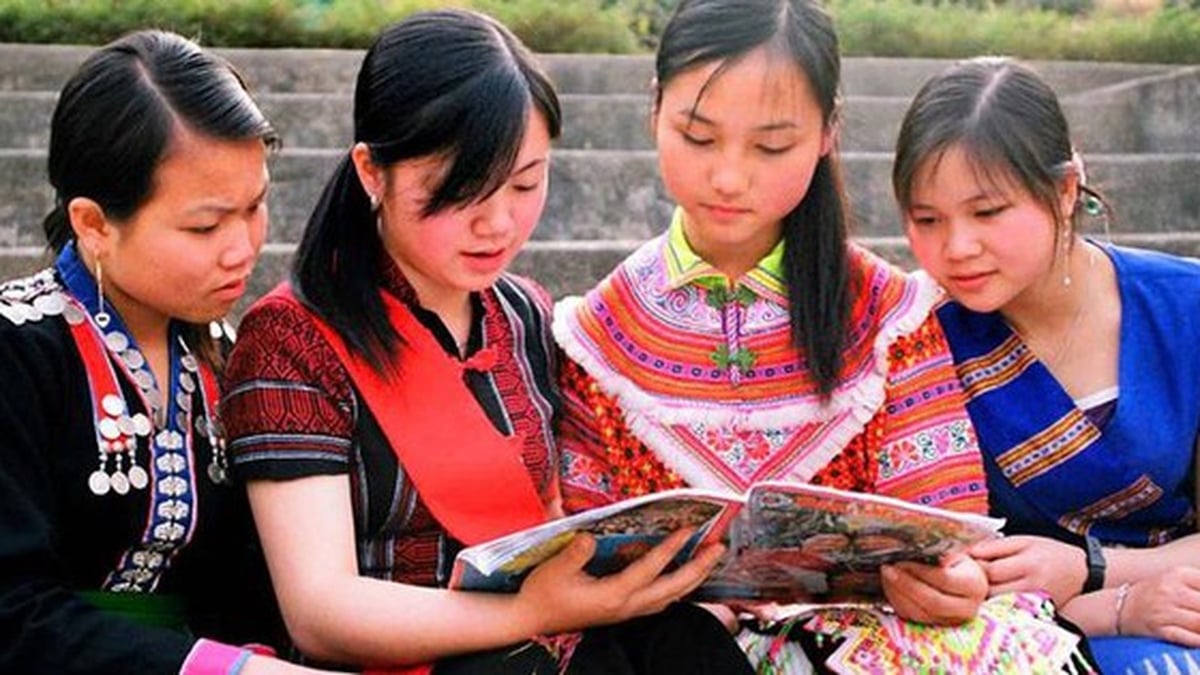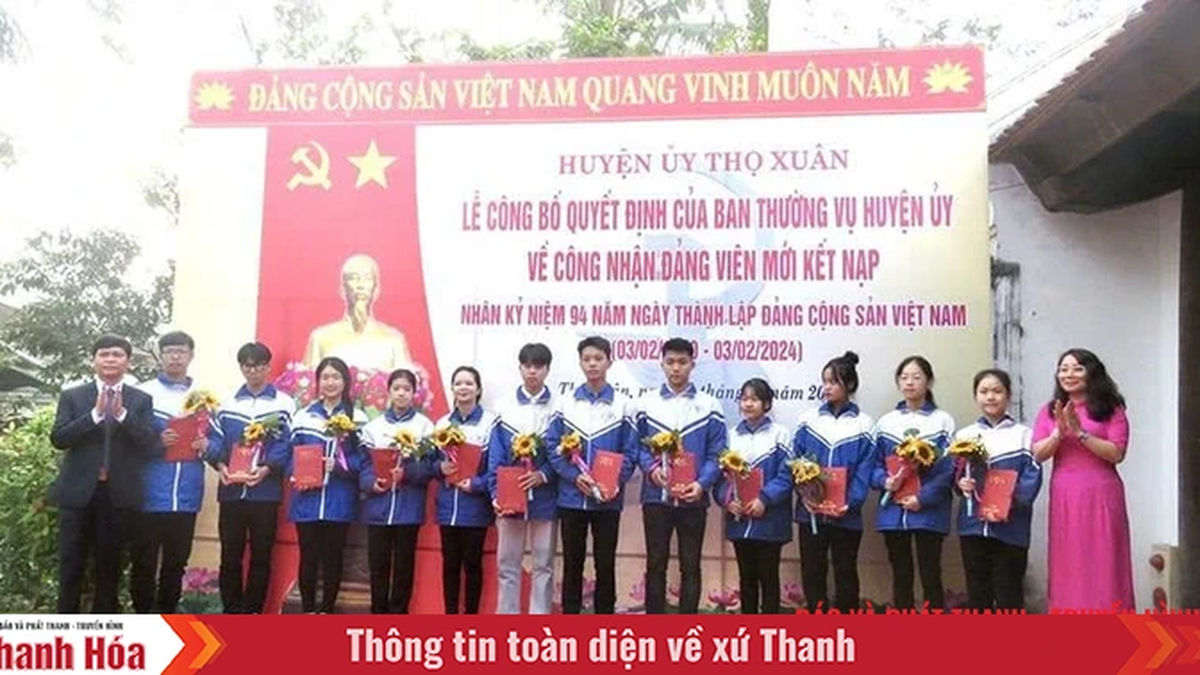Adoption with foreign elements is an objective social phenomenon, developing together with marriage and family relationships with foreign elements. From a social perspective, adoption with foreign elements is a last resort when a suitable family cannot be found for the child in one's own country. From a legal perspective, adoption with foreign elements aims to create a long-term, sustainable parent-child relationship between the adoptive parent and the adopted child. Research on the recognition of decisions to adopt Vietnamese children abroad and the consequences of adoption arising abroad aims to understand the legal relationship between adopted children and the receiving country and the consequences of adoption according to foreign law, especially when countries have different regulations on the consequences of adoption, due to the influence of cultural, economic , social and religious conditions of each country.
Since 2000, the settlement of Vietnamese children for international adoption has been carried out within the framework of bilateral international treaties (ITCs) between Vietnam and countries including Canada. From 2003 to 2015, within the framework of bilateral cooperation, 12,227 children were settled for international adoption. Since our country became a member of the Hague Convention in 1993, France, Italy, Spain, Denmark and Switzerland have continued to maintain bilateral cooperation agreements while implementing the Hague Convention. The United States, Ireland, Sweden, Canada, Germany, Luxembourg, Norway and Belgium have cooperated with Vietnam within the framework of the Hague Convention.

The settlement of Vietnamese children for international adoption is carried out within the framework of bilateral international treaties (ITC) between Vietnam and countries including Canada. Photo: Internet
Canadian citizens or permanent residents (PR) are allowed to adopt Vietnamese children and sponsor them to move from Vietnam to Canada. Adoption procedures are relatively complicated and must comply with the laws of Canada and Vietnam. However, there are basic regulations that the adoptive parent must know before proceeding with the application.
In Canada, international adoption is the process of recognizing an individual or couple (who are Canadian permanent residents or Canadian citizens) as the legal and permanent parents of a child from another country. International adoption is subject to the laws of both the giving country and the receiving country. Here, the giving country is Vietnam and the receiving country is Canada.
For all international adoptions, the adoptive parent must complete two separate procedures: the Adoption Procedure and the Immigration (permanent residency) or Canadian citizenship application for the adopted child (different procedures will apply depending on the case).
An adoption by a Canadian permanent resident/national (Receiving Country) of a child permanently resident in Vietnam (Giving Country) may only be carried out if: The competent authorities of Vietnam (Giving Country) have determined that the child is adoptable, that the adoption will ensure the rights and interests of the child; and The competent authorities of the Receiving Country have determined that the prospective adoptive parents are qualified and suitable to adopt; that the prospective adoptive parents have been consulted to the extent necessary; and that the child is or will be permitted to enter and reside permanently in that country.

The adoption process is the responsibility of the provinces or territories. Photo Internet
To adopt an international child, you must work with the Central Authority of the province or territory in Canada where you live. The federal government is only involved in the Immigration or Citizenship process for an adopted child. The adoption process is the responsibility of the provinces or territories. The Central Authority of the province or territory will: Tell you if you need to contact a licensed adoption agency; Advise you on the adoption laws of the country where you want to adopt; Explain the requirements of the Hague Convention on Intercountry Adoption.
Basically, to be able to adopt and sponsor a child to Canada, adoptive parents need to prove that their family situation is qualified, that they have the basic living and moral foundation to raise a child, and that they have good character to educate their child. The Canadian Immigration Department will send a social worker to investigate, review, and return the research record and the subject.
Adoptive parents also need to prove their financial capacity, ability to raise their children, and no previous criminal records. If these investigations are successful, the prospective parents will have their sponsorship application for an orphan adopted child approved by the Immigration Department and brought to Canada to live with them./.
Bich Huong




























![[Photo] National Assembly Chairman attends the seminar "Building and operating an international financial center and recommendations for Vietnam"](https://vphoto.vietnam.vn/thumb/1200x675/vietnam/resource/IMAGE/2025/7/28/76393436936e457db31ec84433289f72)








































































Comment (0)